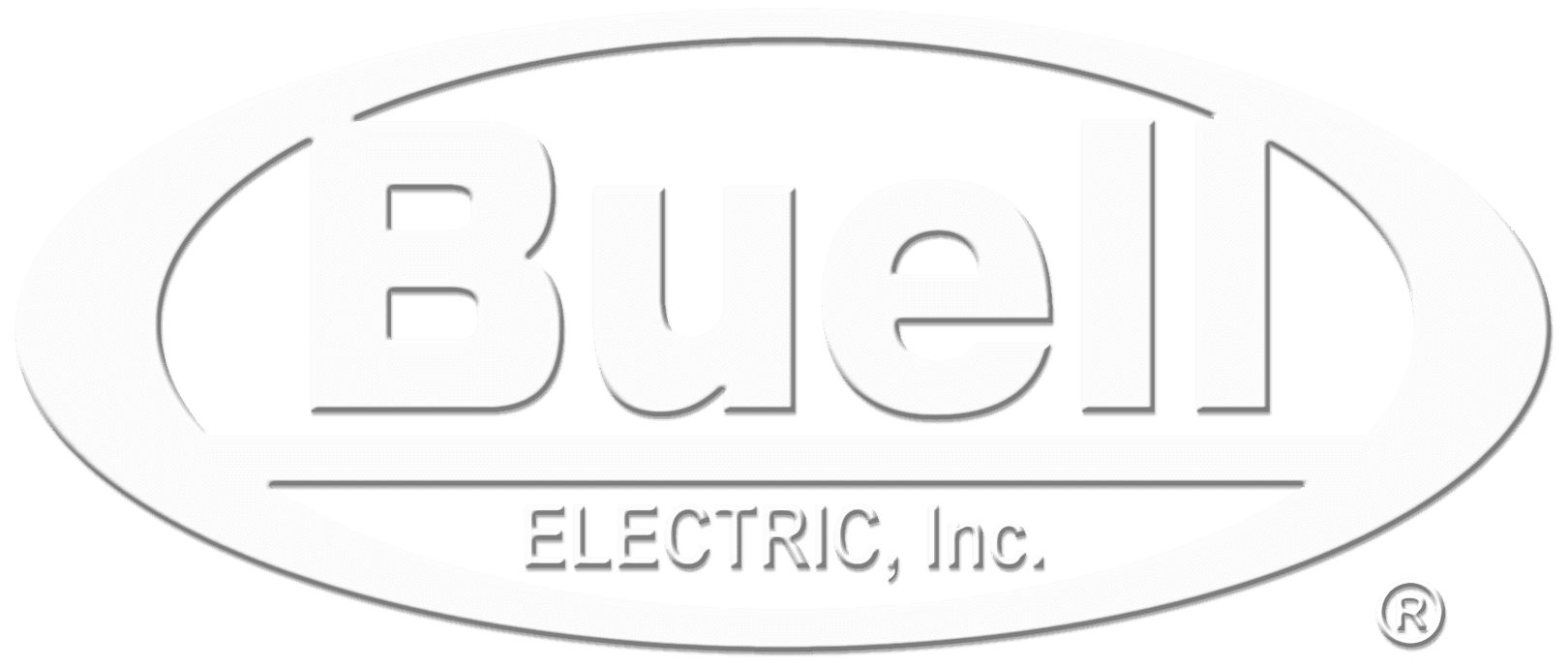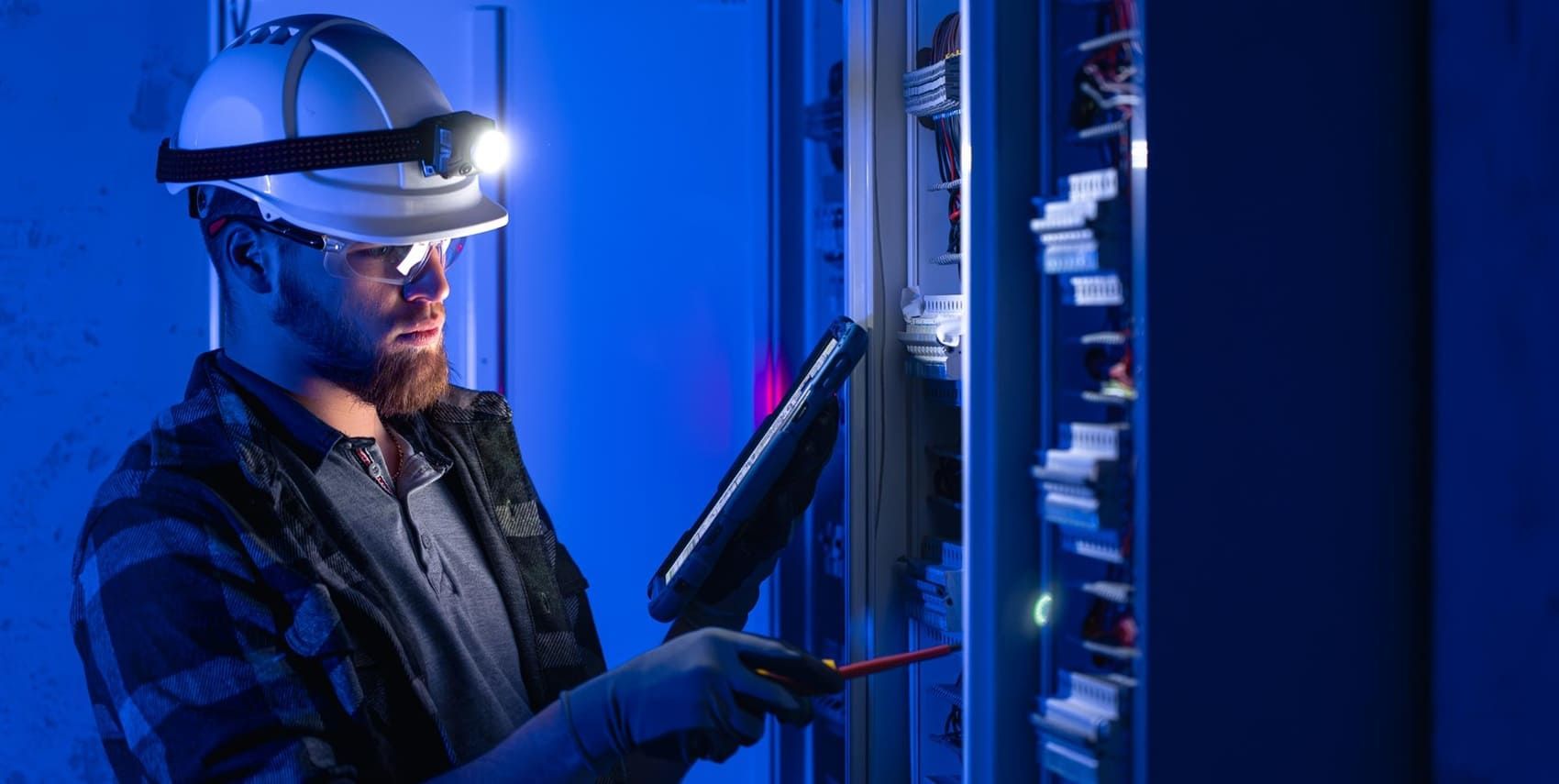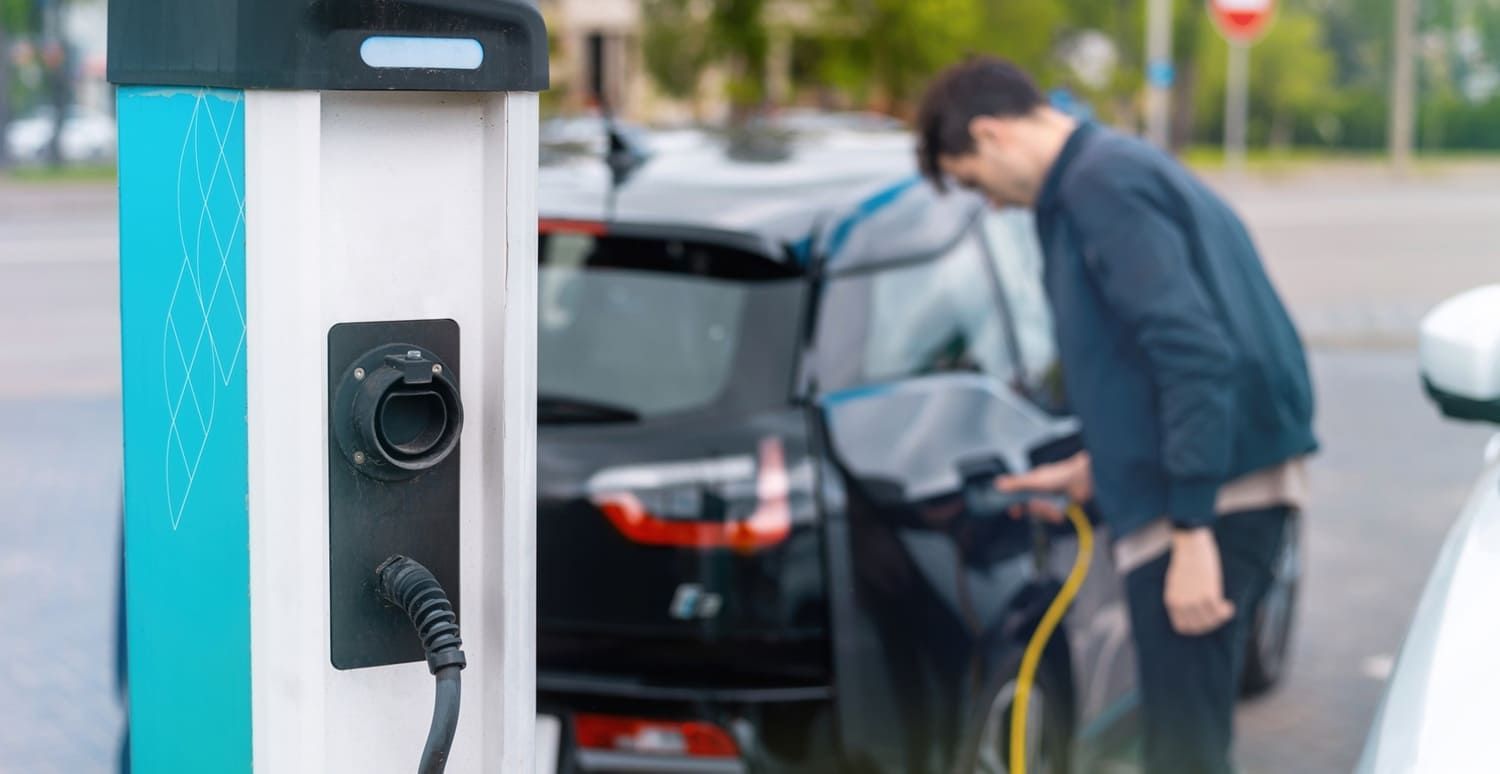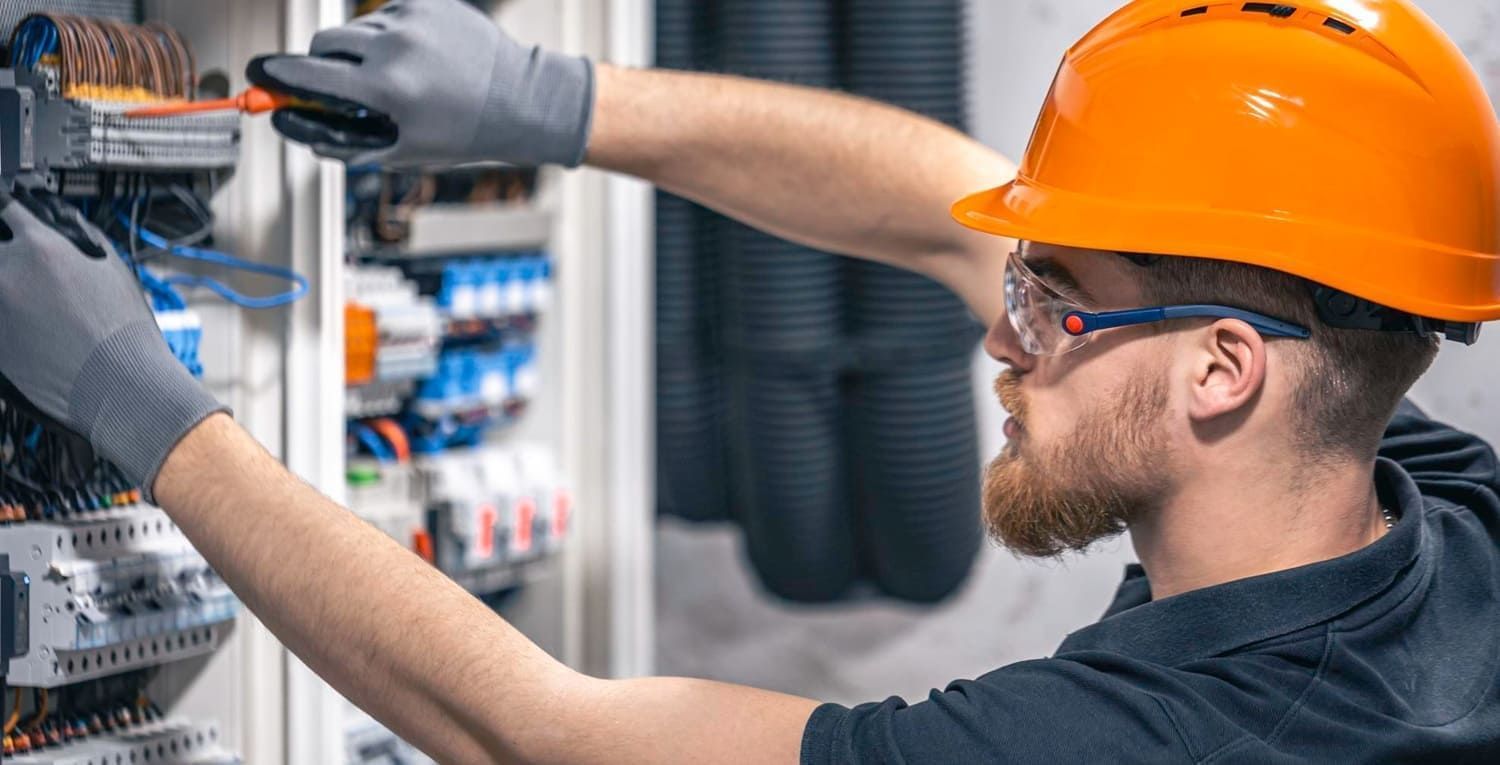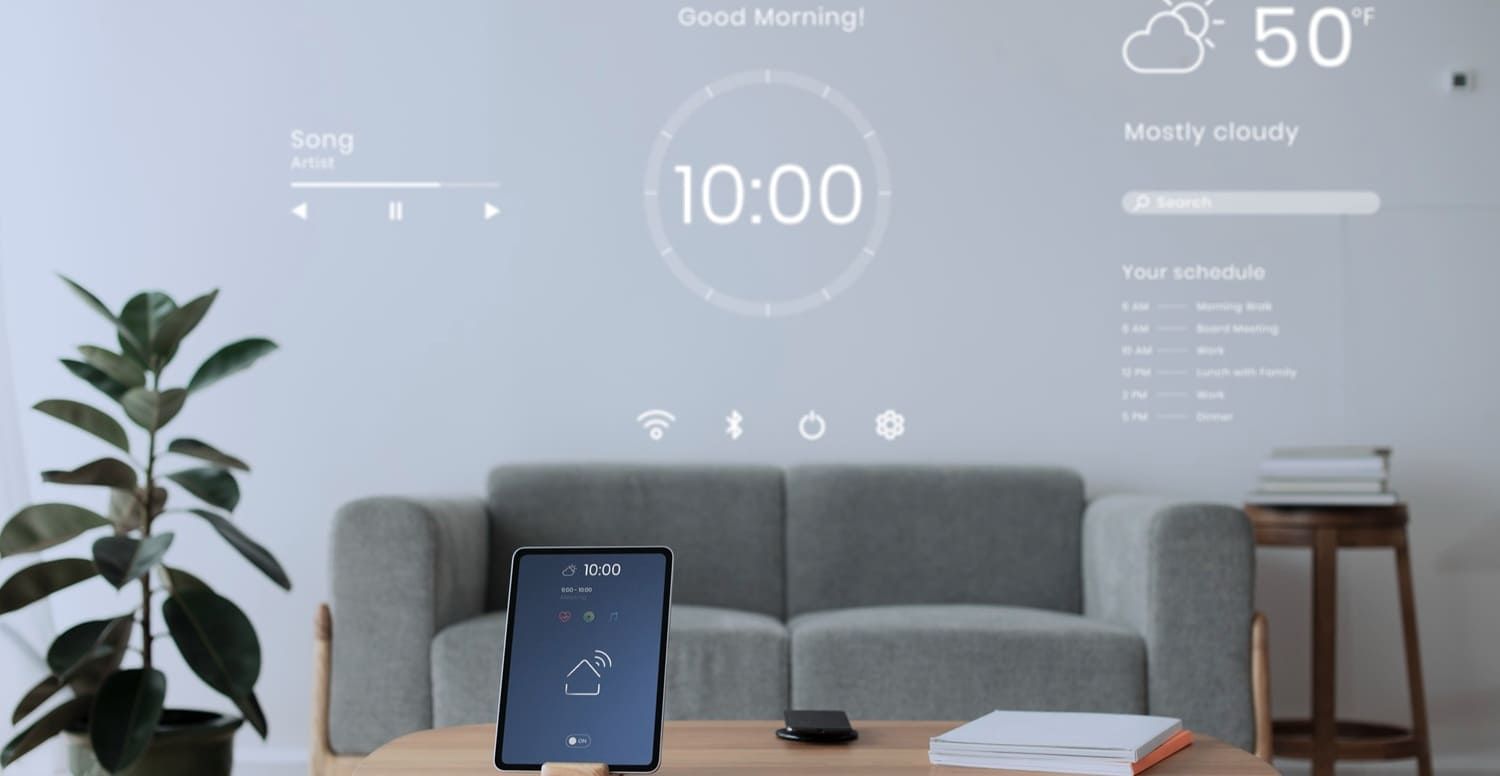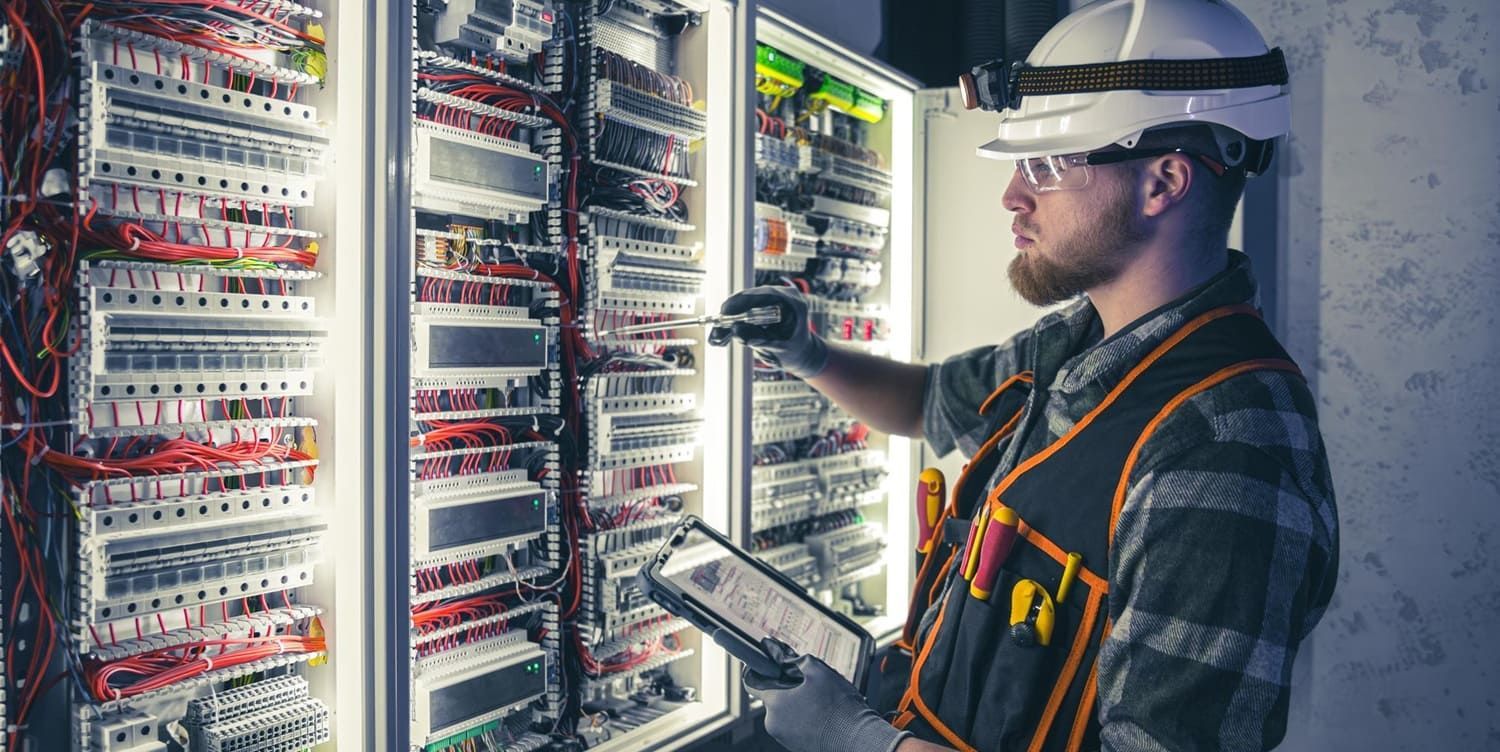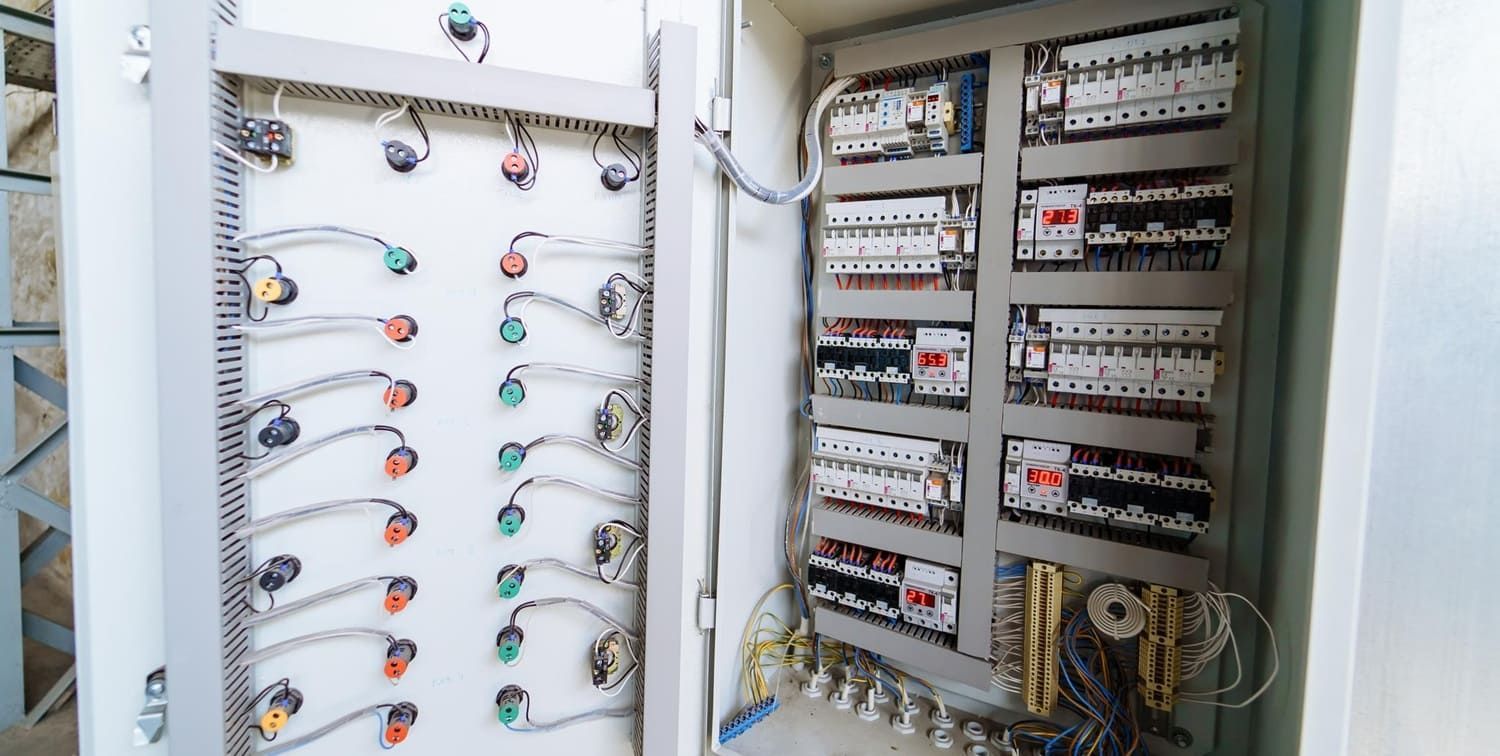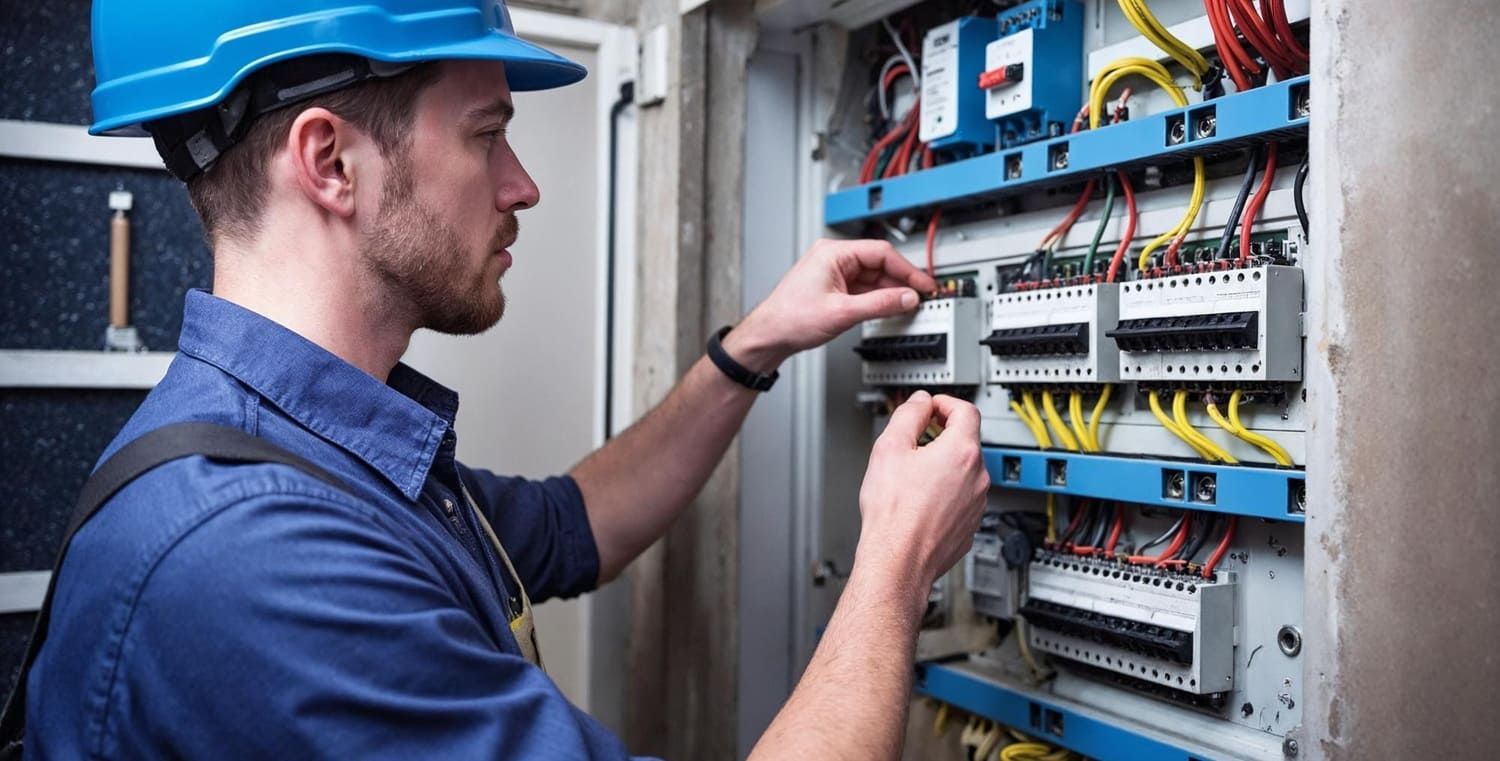What's the Average Cost of Electrical Work in 2020?
Buell Electric Blogger • February 13, 2020
Are you wondering what the average cost of electric work is in 2020? Find out average costs of common projects today. Get a quote for more in-depth information.
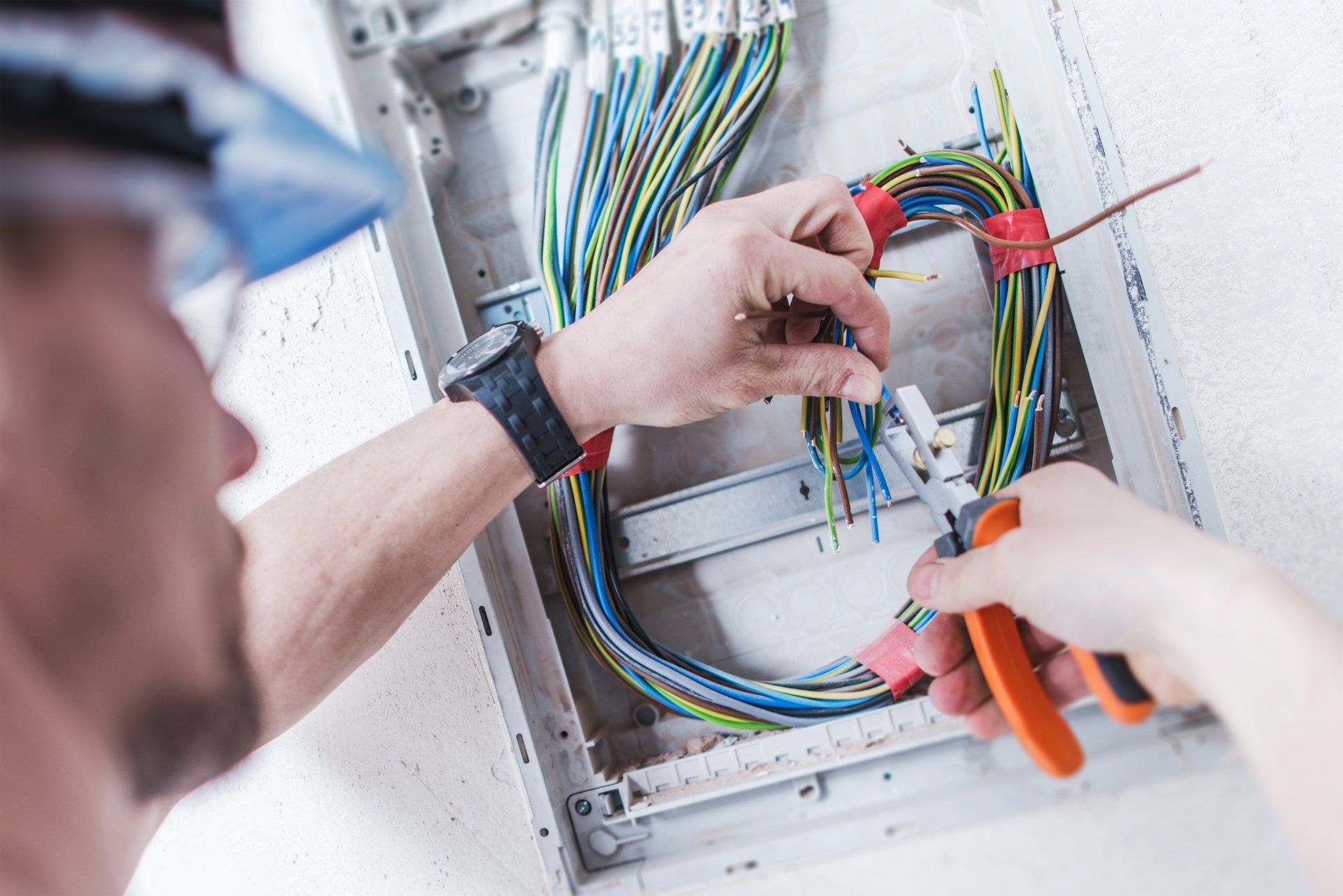
Maybe you're building a new house? Maybe you're looking to rewire your existing house? Whatever the case may be, you need some electrical work done.
The only question is: how much is this going to cost you? In truth, the cost of electrical work varies. So, to give you a satisfactory answer, we're going to have to dive a little deeper.
Let's get into it!
What is the Cost of Electrical Work?
The cost of electrical work is dependent on a few factors, including your geographical location, the quality of the work being done, and the manner of work that's being performed.
That said, there are averages available for different types of work. So that you can have a ballpark estimate, we'll reveal those averages below.
Electrical Wiring Installation
Electrical wires are the veins of electrical systems. They're what pass electricity from point A to point B and are absolutely vital to an electrical system's performance.
Currently, the average cost of electrical wiring installation sits between $6 and $8 per linear foot. Seeing as a 1,200-square-foot home will possess around 284 feet of electrical wiring, it will cost somewhere between $2,500 and $6,000 to wire an entire house.
Note, though, that if the walls have to be opened to accommodate the wiring, the cost could increase to between $6,000 and $10,000.
Light Fixture Installation
Looking to install a few new lights? If so, you'll have to install fixtures. This will cost you somewhere between $50 and $1,200, depending on the size and nature of the light being installed.
Attaching a new fixture to existing wiring will only run you around $50. However, installing an overhead chandelier or fan
will run you somewhere between $600 and $1,200.
Other types of lighting will fall somewhere in the middle of these two figures. For exact pricing, give us a call.
Light Switch Installation
If you're going to install a new light fixture, you're also going to have to install a new light switch. Light switch costs vary based on two factors: the size of the switch and whether the switch is being replaced or installed.
New installations of single-pole light switches cost between $150 and $220. New installations of three-way light switches cost between $175 and $250. Replacing a light switch will generally cost between $80 and $120.
Electrical Panel Replacement
To keep electricity regulated
within your home, you need to implement an electrical panel. These panels are available with either 100 amps or 200 amps, with each coming at a different price.
To install a new, 100-amp panel, you'll have to pay somewhere between $1,200 and $1,600; to install a new, 200-amp panel, you'll have to pay somewhere between $1,800 and $2,500; to upgrade with a 100-amp panel, you'll have to pay between $850 and $1,100; to upgrade with a 200-amp panel, you'll have to pay between $1,300 and $1,600.
Electrical Outlet Installation/Replacement
If you're going to use electrical appliances, you'll need electrical outlets. The exact cost of an outlet will depend upon whether it's being replaced or installed as well as on whether it's located inside of the house or on the exterior of the house.
Replacements run between $120 and $150; new interior conventional outlets run between $140 and $165; new interior split outlets run between $190 and $275; exterior outlets with covers run between $200 and $275.
Home Generator Installation
If you want to keep the power on in your house during outages, you'll have to use a generator. While you have the option to use a portable generator, you could also opt to install a permanent generator adjacent to your house.
Implementing a permanent generator is costly, usually ranging between $2,500 and $7,000. Not only is the unit itself expensive (between $1,500 and $4,000), but the installation of it as well.
That said, if power outages are frequent in your house, a permanent generator could be well worth the investment.
Choosing the Right Electrician
As you can see, electrical work isn't cheap. As such, if you're going to hire an electrician, you want to make sure that you're hiring the right one. To ensure that you are, look for the following characteristics.
Experience
Make sure that your prospective electrician has plenty of experience in the field. Experience breeds skill, and skill is needed to ensure that quality work is performed. Your electrician should have, at a minimum, 2 years of real-world experience under his or her belt.
Licensure
In the state of Florida, electricians are required to be licensed with the state. If they're not, they're working illegally. You don't want to do business with an illegally-operating electrician, as it could leave you vulnerable to poor work or legal matters.
To ensure that your prospective electrician is licensed, utilize the Florida license lookup tool.
Insurance
In addition to having a license, your electrician should also have insurance. Utilizing the services of an uninsured electrician leaves you vulnerable to legal trouble, whether you're filing a lawsuit against the electrician or one of the electrician's apprentices is filing a lawsuit against you.
Your electrician should, at a minimum, hold both general liability and workers' compensation insurance. Any additional insurances are an added bonus.
Reasonable Rates
The last thing to look out for is reasonable rates. As you can see from above, rates vary wildly based on a number of factors. Generally speaking, it's wise to choose an electrician whose rates fall somewhere in the middle of the spectrum.
Choosing a particularly expensive electrician will unnecessarily drain your bank account. Conversely, choosing a particularly inexpensive electrician will leave you vulnerable to low-quality work.
In Need of Electrical Work in Palm Harbor?
Now that you know a thing or two about the cost of electrical work, you might be ready to get an electrical project started. If so and if you need electrical work in Palm Harbor, Clearwater, and Tampa, Florida, specifically, Buell Electric
has you covered.
Working in both the residential and commercial sectors, we provide electrical work of all kinds. Contact us
today to discuss your needs!


